Russia, Ukraine strike deal over gas transit
Russian Prime Minister Vladimir Putin and his Ukrainian counterpart Yulia Tymoshenko have reached agreement over gas exports to Europe via Ukraine.
Saturday, 17.01.2009.
10:49

Russian Prime Minister Vladimir Putin and his Ukrainian counterpart Yulia Tymoshenko have reached agreement over gas exports to Europe via Ukraine. Tymoshenko said gas supplies would resume as soon as the two countries' energy companies, Gazprom and Naftogas, drew up contracts, the BBC quoted Russian media reports. Russia, Ukraine strike deal over gas transit The gas dispute between Moscow and Kiev has crippled supplies of Russian gas to much of central and eastern Europe. The two sides also agreed that gas transit prices would remain unchanged in 2009. Earlier in the evening in Moscow, it was announced that Saturday's summit dedicated to the gas crisis ended without any agreement to renew shipments to European users via Ukraine. However, Russian President Dmitry Medvedev also said after the meeting that Putin and his Tymoshenko would continue with negotiations in a bid to resolve the crisis which had severely affected many Balkan and other European countries. Medvedev also voiced his hope that gas would reach these countries in the coming days. The Russian president said that the summit's chief achievement today was "a chance to exchange opinions on the gas crisis". "The second reason for the meeting was to prevent similar problems in the future. Until recently we thought that our gas delivery system to European consumers was the best possible, but now we realize that is not the case," Medvedev continued. He spoke about the necessity to build both South and Nord Stream pipelines, to add that lessons must be learned from what had happened, with a two-way mechanism put in place to prevent future conflicts of the kind. "It is good news to have one pipeline, and it is even better news to have two," Medvedev was quoted as saying. The summit brought together representatives of countries buying their natural gas supplies from Russia, shipped through Ukraine. EU Energy Commissioner Andris Piebalgs also took part. Serbia was represented by state gas company Srbijagas Director Dusan Bajatovic, Energy Minister Petar Skundric, and PM Mirko Cvetkovic. After the summit, Skundric voiced his belief that an agreement on the normalization of gas deliveries would be reached as talks between Russia and Ukraine continue. "There is general agreement that this issue needs to be solved at once," the minister told Tanjug. He also stressed that it was "agreed to create conditions for the transit of gas to South-Eastern European and EU countries". Ahead of the summit, Putin accused the EU of taking the side of Ukraine in the ongoing dispute. Ukraine for its part said it had formulated principles on the transit of gas through its territory, which, among others, rule out mediators in deliveries, and talks on possible privatization of the country's gas system. The BBC reported earlier that Brussels had been stepping up pressure to bring an end to the EU's worst ever energy crisis, ahead of Saturday's meeting. European Commission spokesman Johannes Laitenberger said the talks "offer the last and best chance for Russia and Ukraine to demonstrate they are serious about resolving this dispute". "The gas must flow. We will regard this period as a test case for judging whether or not they are credible partners." EU states import a quarter of their gas from Russia and 80 percent of supplies come via Ukraine. Russia halted supplies of gas to Ukraine on January 1 after talks on the price Kiev should pay in 2009 collapsed. A week later it cut the supply to Europe via Ukraine, saying it was forced to do so because Kiev was stealing the gas. Ukrainian officials deny the allegation and accuse Russia of provoking the crisis. Tymoshenko, Putin, seen in Moscow on Saturday (Beta)
Russia, Ukraine strike deal over gas transit
The gas dispute between Moscow and Kiev has crippled supplies of Russian gas to much of central and eastern Europe.The two sides also agreed that gas transit prices would remain unchanged in 2009.
Earlier in the evening in Moscow, it was announced that Saturday's summit dedicated to the gas crisis ended without any agreement to renew shipments to European users via Ukraine.
However, Russian President Dmitry Medvedev also said after the meeting that Putin and his Tymoshenko would continue with negotiations in a bid to resolve the crisis which had severely affected many Balkan and other European countries.
Medvedev also voiced his hope that gas would reach these countries in the coming days.
The Russian president said that the summit's chief achievement today was "a chance to exchange opinions on the gas crisis".
"The second reason for the meeting was to prevent similar problems in the future. Until recently we thought that our gas delivery system to European consumers was the best possible, but now we realize that is not the case," Medvedev continued.
He spoke about the necessity to build both South and Nord Stream pipelines, to add that lessons must be learned from what had happened, with a two-way mechanism put in place to prevent future conflicts of the kind.
"It is good news to have one pipeline, and it is even better news to have two," Medvedev was quoted as saying.
The summit brought together representatives of countries buying their natural gas supplies from Russia, shipped through Ukraine.
EU Energy Commissioner Andris Piebalgs also took part.
Serbia was represented by state gas company Srbijagas Director Dušan Bajatović, Energy Minister Petar Škundrić, and PM Mirko Cvetković.
After the summit, Škundrić voiced his belief that an agreement on the normalization of gas deliveries would be reached as talks between Russia and Ukraine continue.
"There is general agreement that this issue needs to be solved at once," the minister told Tanjug.
He also stressed that it was "agreed to create conditions for the transit of gas to South-Eastern European and EU countries".
Ahead of the summit, Putin accused the EU of taking the side of Ukraine in the ongoing dispute.
Ukraine for its part said it had formulated principles on the transit of gas through its territory, which, among others, rule out mediators in deliveries, and talks on possible privatization of the country's gas system.
The BBC reported earlier that Brussels had been stepping up pressure to bring an end to the EU's worst ever energy crisis, ahead of Saturday's meeting.
European Commission spokesman Johannes Laitenberger said the talks "offer the last and best chance for Russia and Ukraine to demonstrate they are serious about resolving this dispute".
"The gas must flow. We will regard this period as a test case for judging whether or not they are credible partners."
EU states import a quarter of their gas from Russia and 80 percent of supplies come via Ukraine.
Russia halted supplies of gas to Ukraine on January 1 after talks on the price Kiev should pay in 2009 collapsed.
A week later it cut the supply to Europe via Ukraine, saying it was forced to do so because Kiev was stealing the gas.
Ukrainian officials deny the allegation and accuse Russia of provoking the crisis.










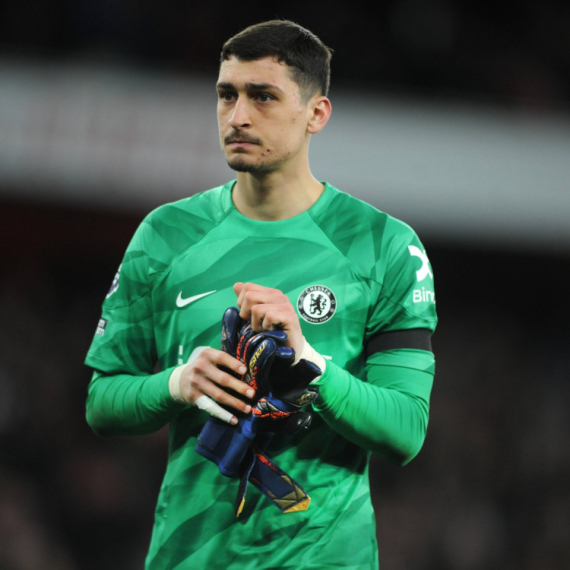
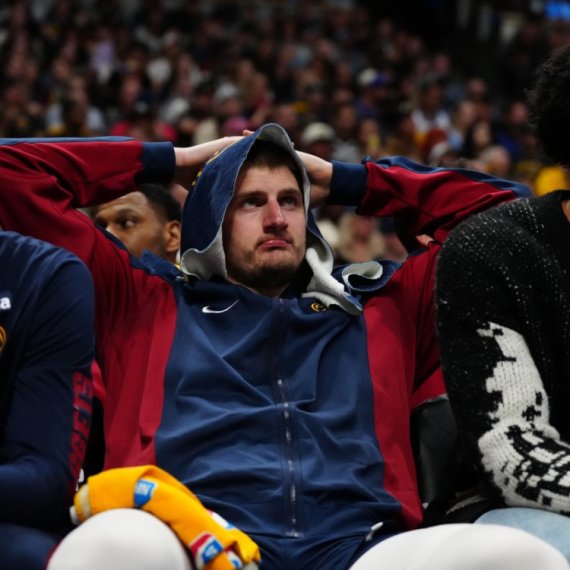
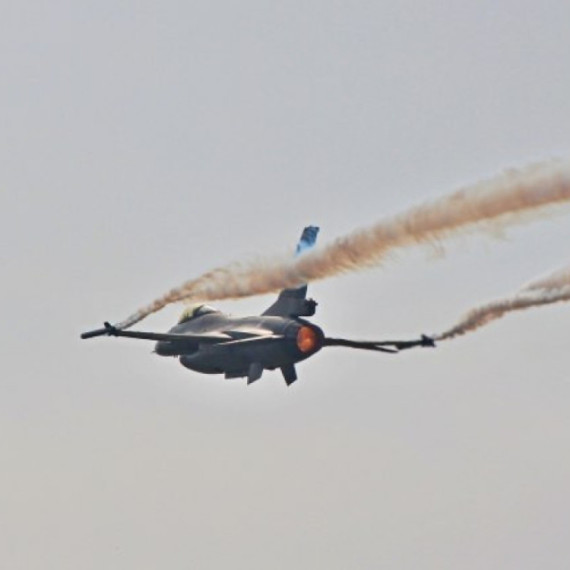
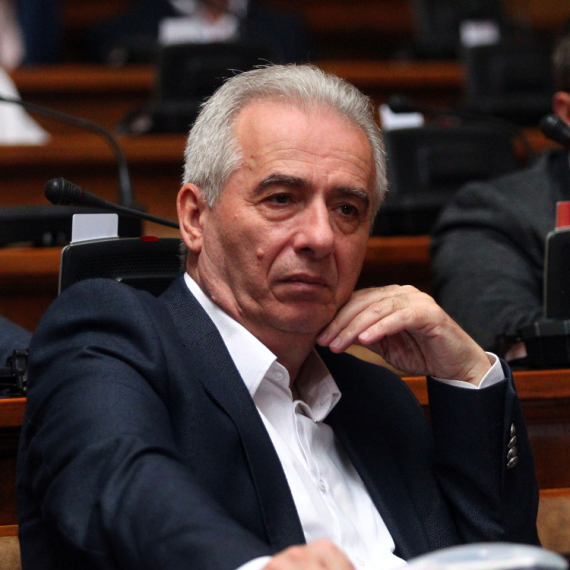
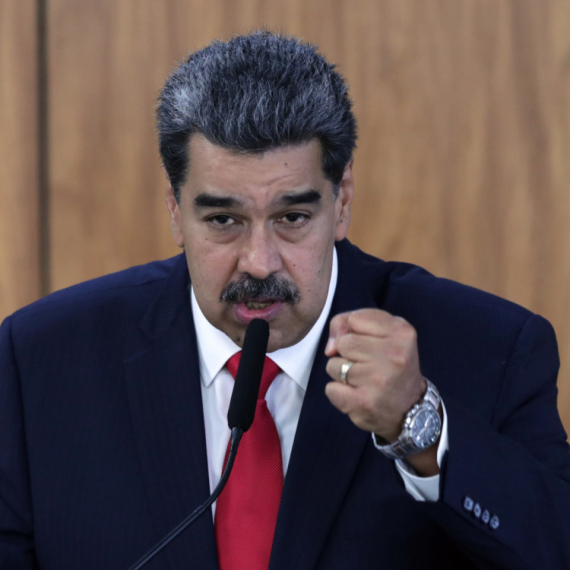
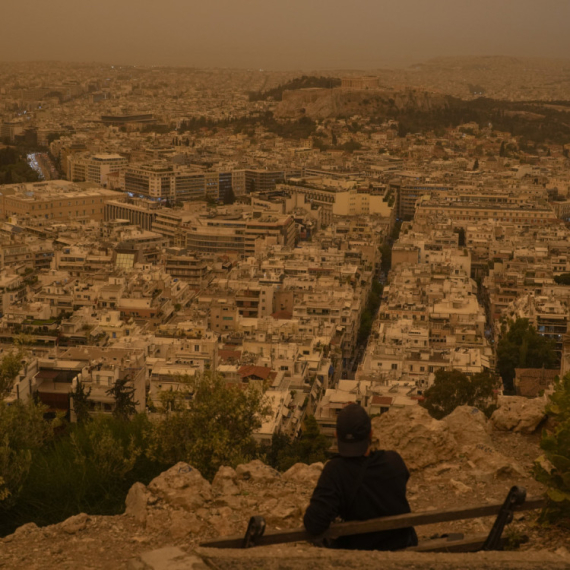
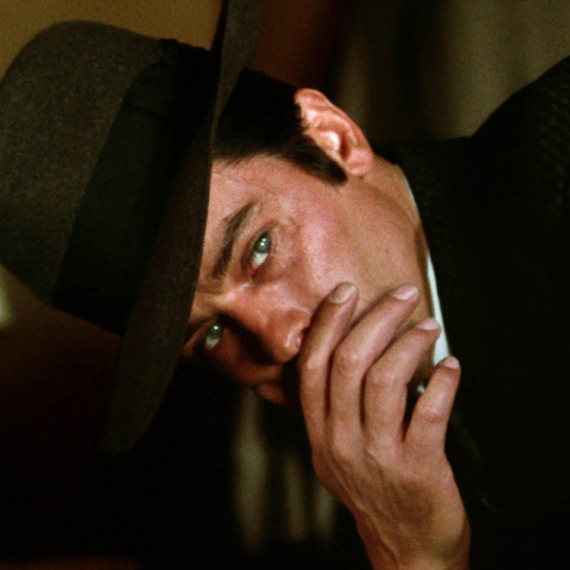
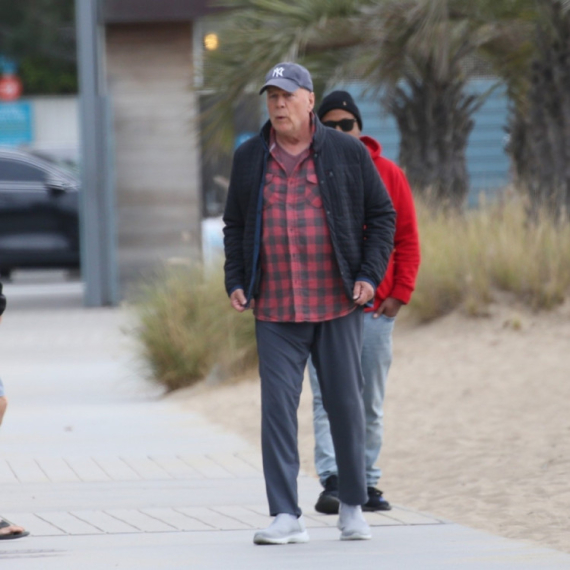
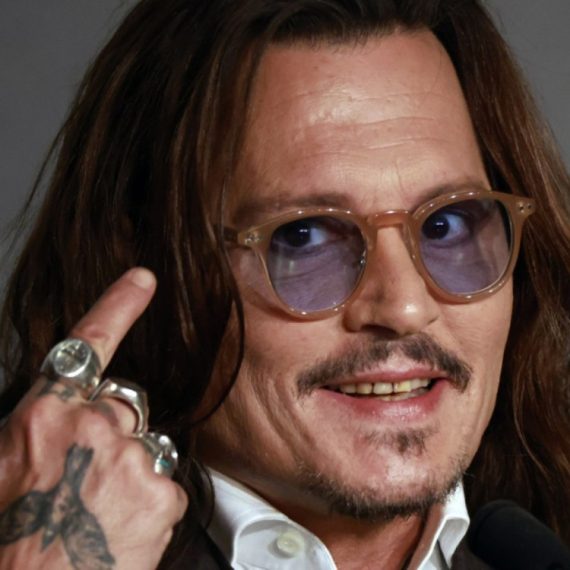
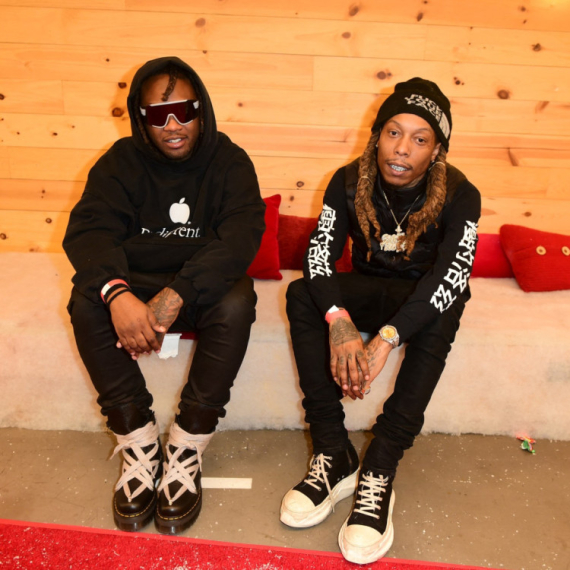















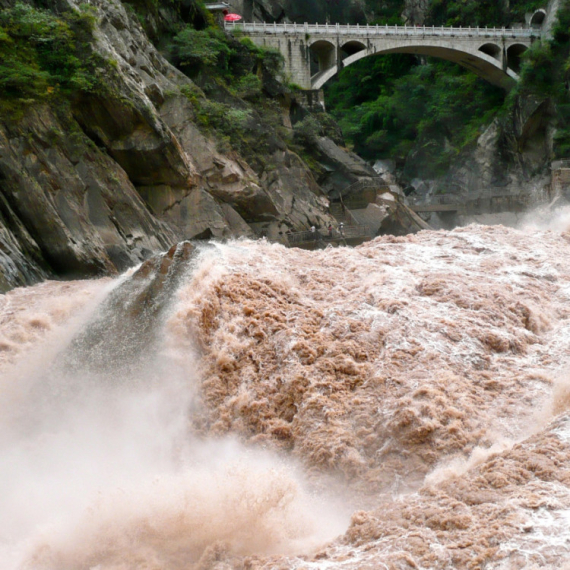
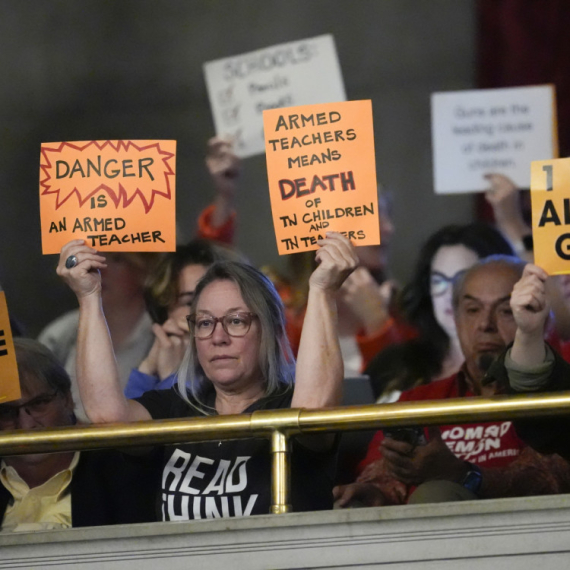

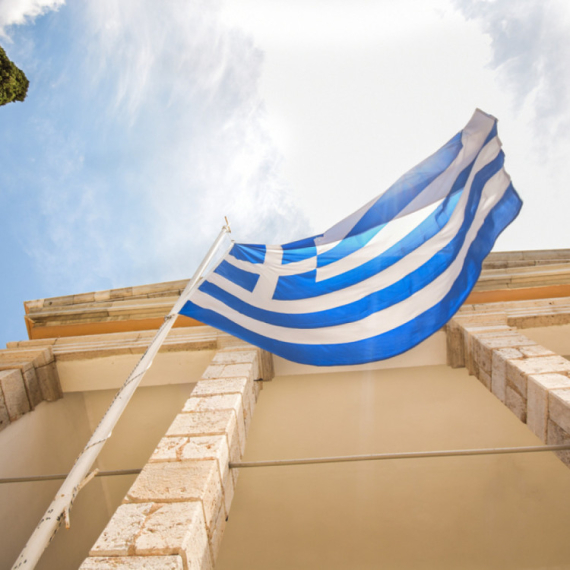
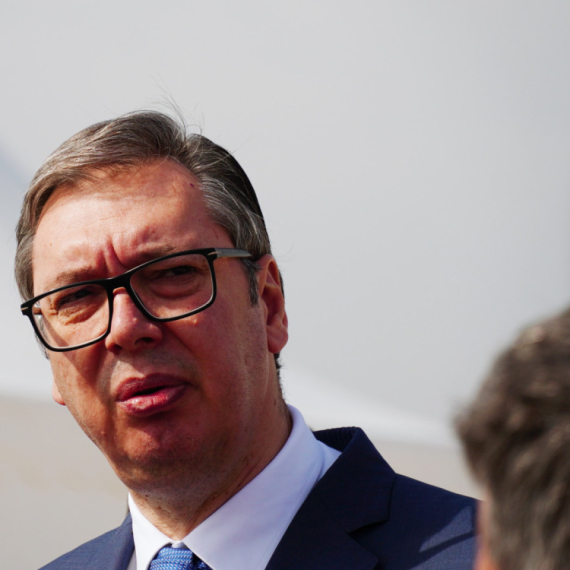
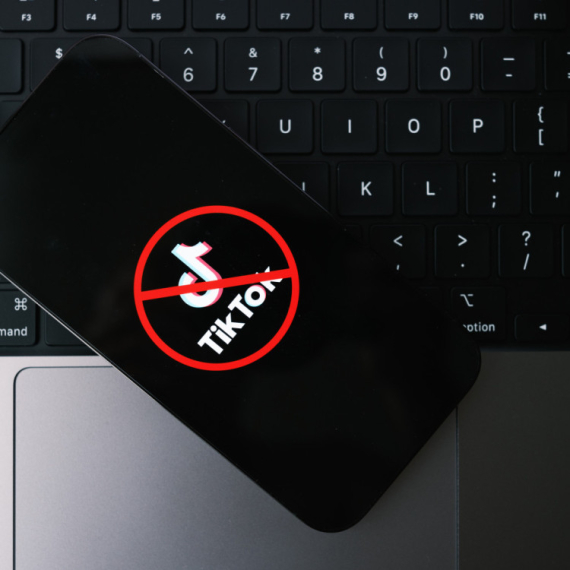





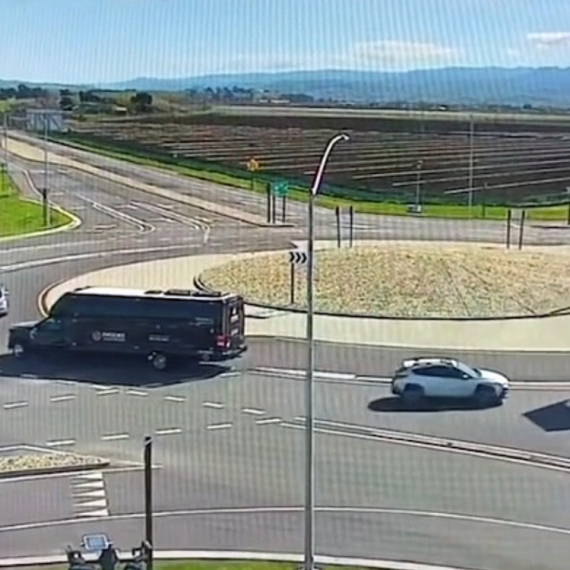
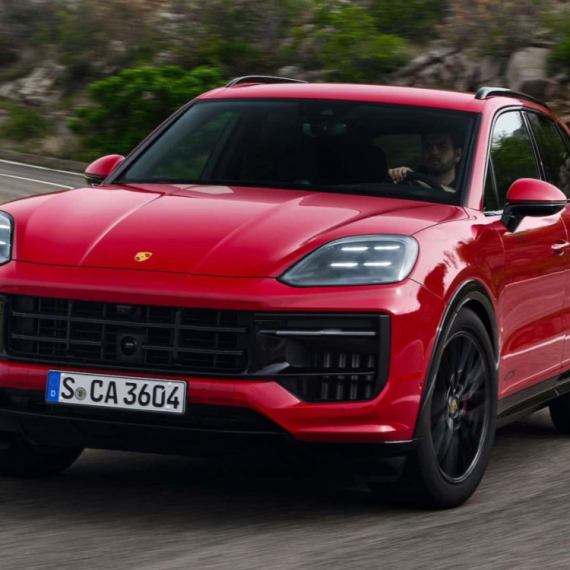




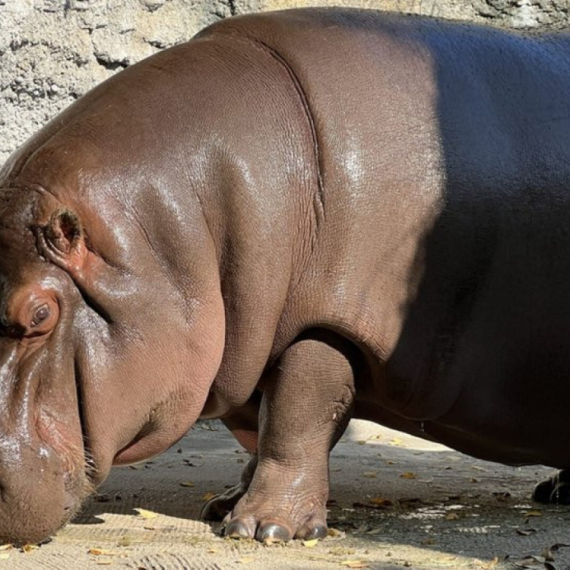
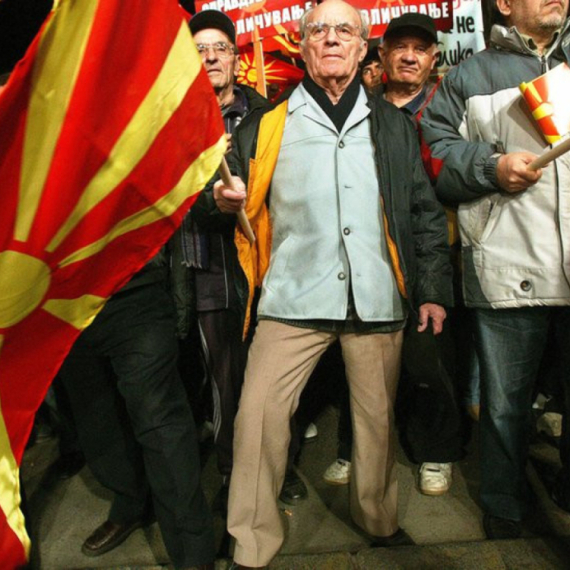
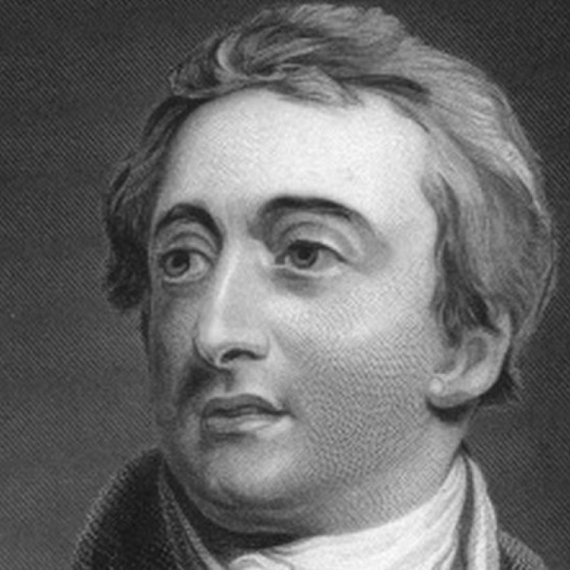

Komentari 9
Pogledaj komentare